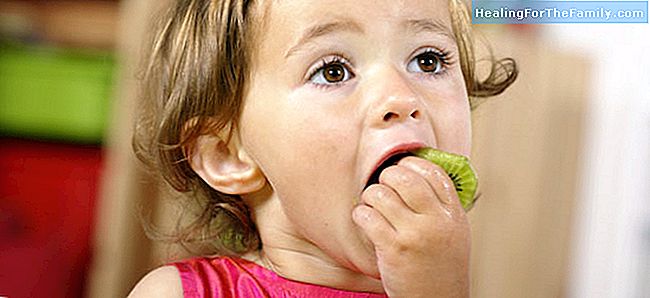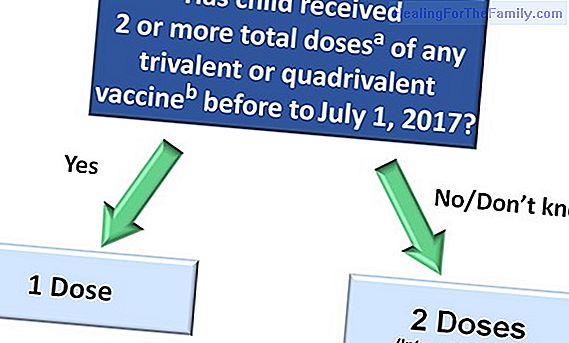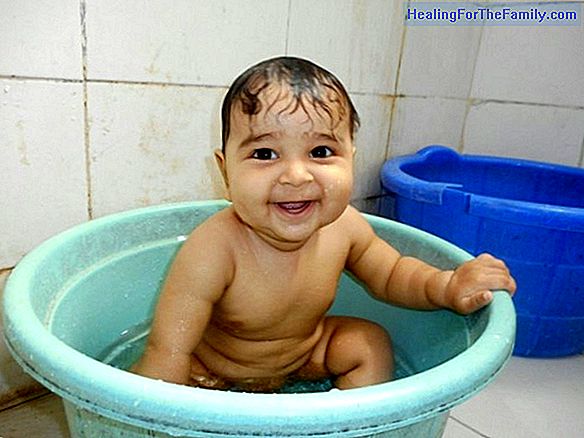Diet to relieve constipation in children
Constipation is a fairly common problem in childhood, which also occurs frequently when introducing complementary feeding. The transition between the consumption of only liquid foods, easy to digest and with little waste such as breast milk, is a challenge for the gastrointestinal tract of children,
Constipation is a fairly common problem in childhood, which also occurs frequently when introducing complementary feeding.
The transition between the consumption of only liquid foods, easy to digest and with little waste such as breast milk, is a challenge for the gastrointestinal tract of children, so it is worth having options to offer in case of motility slow down We tell you what is the diet against childhood constipation.
Feeding tips to alleviate childhood constipation

- First, we must ensure that the child is consuming enough water, as this has a crucial role in the formation of soft stools. The ingestion of liquids is very important to prevent constipation, so it is vital that children learn and become aware of the need to drink water.
- Fruit juices, as long as they include all their pulp, are an alternative that can be offered in these cases, as well as fruit smoothies. To be rich in sugar should be consumed in moderation, and avoid industrial juice as much as possible.
- Foods high in fiber are also very desirable in the diet of the constipated child. Legumes, lentils, chickpeas, or even peas, one of the most popular fresh legumes, are a very healthy option since they also contain other nutrients such as proteins of high biological value and minerals.
- Fruits such as apricots or peaches, oranges and tangerines, plums, pears, apples, figs ... The fruit in general contains a good amount of fiber, as well as vitamins, so it is very desirable to be included in the children's diet, helping not only to combat constipation but also having a preventive function.
- Raw vegetables like carrots or lettuce and cooked like broccoli or spinach are very rich in fiber as well as vitamins and minerals. Fruits and vegetables are also rich in water, so they are doubly interesting.
- Dried fruits and dried fruits I am very useful to combat constipation. Nuts are extremely interesting for their nutritional content, but dried fruits contain a lot of sugar, so they must be consumed in a more controlled way.
- Complex carbohydrates from whole grains. The less refined the grain, the better, since it means that the amount of fiber is greater.
Water and fiber are the main allies when it comes to combat and prevent constipation, since they facilitate the proper functioning of the gastrointestinal tract. An excess of fiber, however, is somewhat problematic in childhood because it prevents the absorption of some minerals, such as calcium and iron, so important for the child, in addition to causing flatulence.
In this way, and although its function to prevent and improve the symptoms of constipation is indisputable, the recommended daily amount should not be exceeded, increasing it at a rate of one gram per year from the recommended 5 grams at the start of complementary feeding until reaching the 25-30 grams recommended in adulthood.












